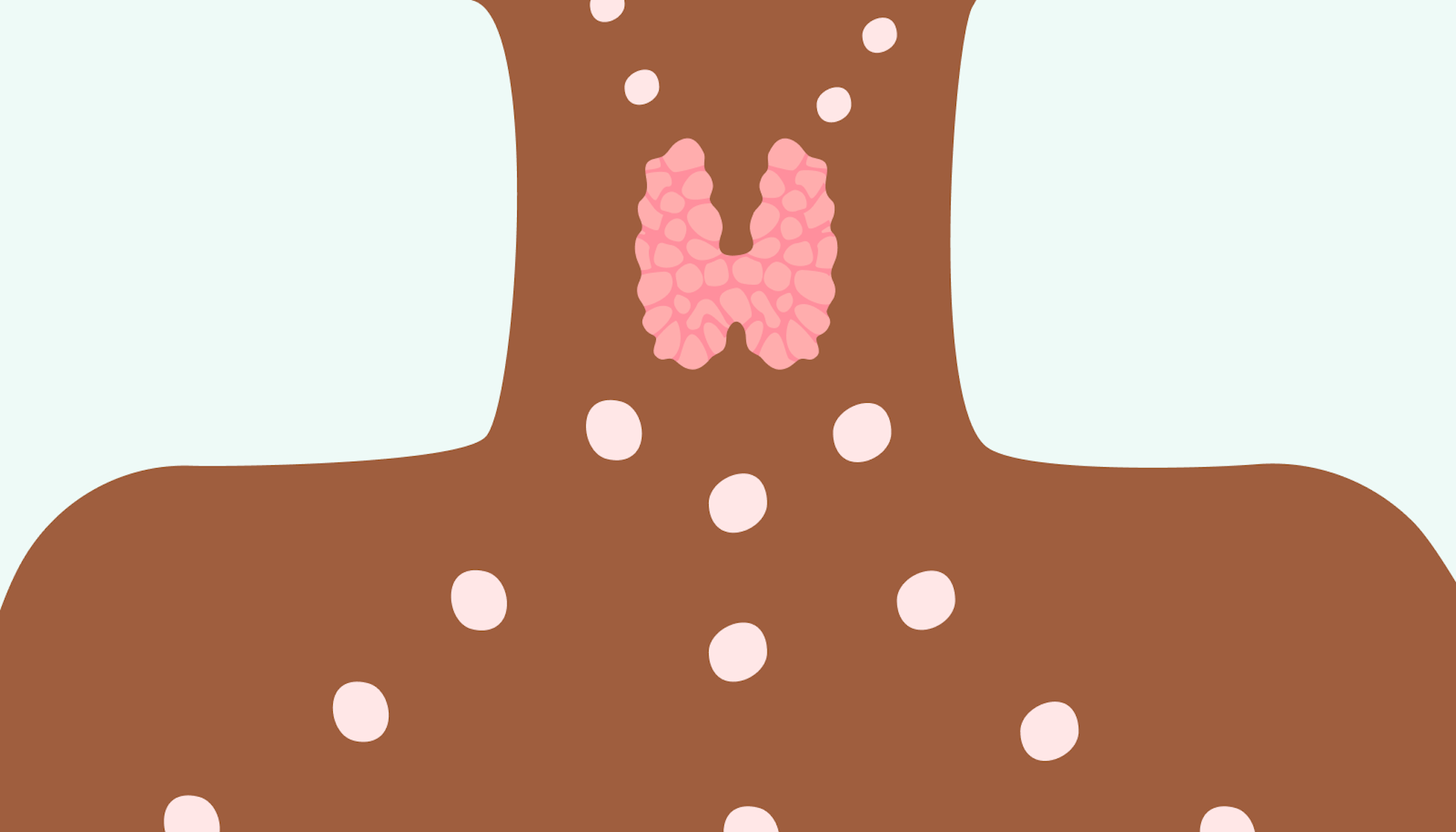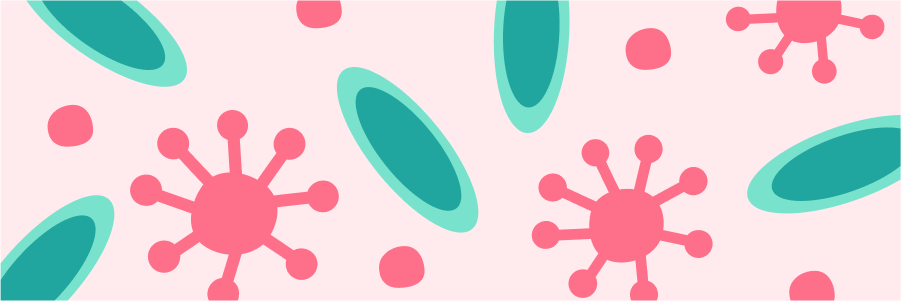Medical advice
Here you can find expert advice from our medical team to help you manage your health. If you don’t find the information you’re looking for in our medical guides, you can discuss any worries or symptoms with a Livi GP.
All conditions
Here you can find all our expert advice from our medical team to help you protect against illnesses, get treatment for a health problem or manage a long-term condition.

Allergies and intolerances
Allergies to pollen, certain foods and dust mites are fairly common, but some can cause serious reactions without immediate treatment. Find out more about possible allergens and symptoms.

Autoimmune diseases
Type 1 diabetes, multiple sclerosis and lupus are all autoimmune diseases. These kinds of medical issues develop when your immune system is not working properly. Learn about the treatments available.

Cancer
Cancer is a disease that happens when abnormal cells grow uncontrollably and spread to other parts of the body. 1 in 2 people will develop a form of cancer in their lifetime. In the UK, the 4 most common types of cancer are breast cancer, lung cancer, prostate cancer and bowel cancer.

Cardiovascular system
Cardiovascular disease affects your blood vessels and can lead to medical problems like a heart attack, angina and stroke. Learn about the most common conditions and how a GP can help.

Digestive system
Stomach pain or discomfort can mean all sorts of things. Lots of digestive problems can be helped with simple lifestyle changes. Understand what else to look out for and when to get help.

General health
An unhealthy lifestyle can lead to medical problems over time. Looking after your everyday health, by keeping a healthy BMI and managing sleep problems like insomnia, can help you live a healthier life.
Gynaecology
Also known as reproductive health, gynaecology covers everything from pregnancy and menopause to female specific cancers and infections. Find out when it’s best to see a GP or a specialist.

Hormones and the endocrine system
The endocrine system is made up of all the hormones your body needs to function. Hormones are the body’s chemical messengers. They help control everything from your metabolism to your growth and development.

Mental health
Mental health problems like depression and anxiety affect around 1 in 4 people, as well as rarer problems like schizophrenia and bipolar disorder. Read more about getting the right diagnosis and support.

Infections
Infections can spread in lots of different ways, either from an infected person, contaminated water, or even an insect bite. Understand who’s most at risk and which ones are more easily treated.

Musculoskeletal conditions
A musculoskeletal disorder or injury can occur in your muscles, bones and joints and can be hard to diagnose due to overlapping symptoms. Check out our expert advice to know when to speak to a GP.

Neurology
From a sudden stroke or brain injury, to conditions that come and go like migraines, neurological conditions are the leading cause of disability. Learn about the complex nature of neurology.

Respiratory system
Asthma and bronchitis are common respiratory conditions. More serious respiratory diseases include cystic fibrosis and lung cancer. Discover how a GP can help manage your symptoms.

Sexual health
Sexual health is vital for our overall wellbeing. Having safe sex can protect from unwanted pregnancies and a range of sexually transmitted infections like chlamydia and genital herpes, while allowing us to enjoy our sex life. A GP can advise you on the right contraceptive method for you.

Skin conditions
Our skin protects us against heat, light, injury and infection. With multiple layers and millions of cells, it’s a complex part of the body. Discover more about common skin conditions, risk factors and treatment.

Urology
Urology covers medical problems with the kidneys, ureter, bladder, prostrate or male reproductive organs. These can be mild urine infections or more serious cancers. Read about a variety of urological conditions here.

Ears, nose and throat
The ears, nose and throat are all connected through a system of canals and passageways. That’s why they’re combined in a speciality called ENT.
Need more medical advice?
If you have a health concern and would like to discuss your symptoms, book an appointment and speak to a GP.